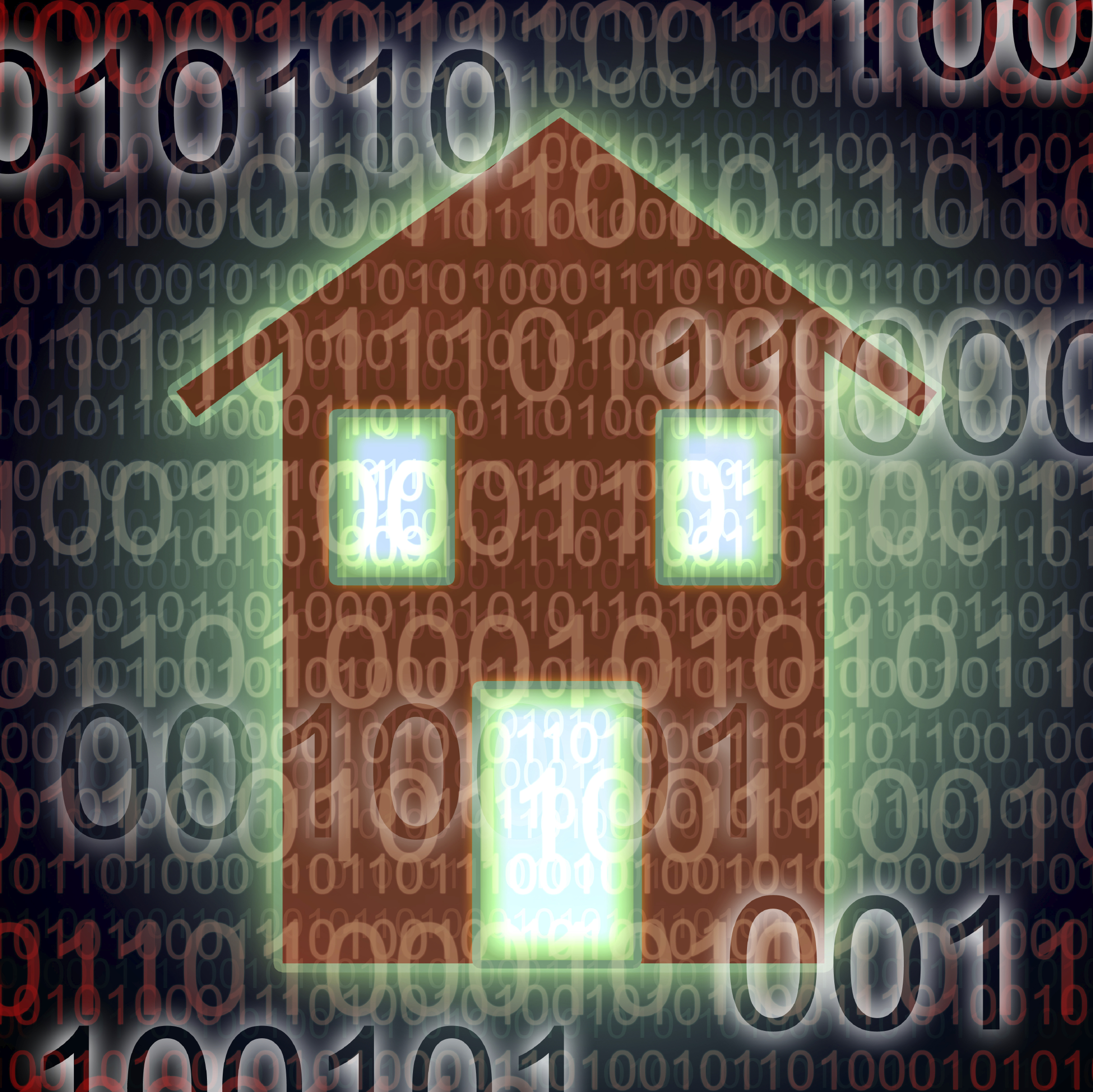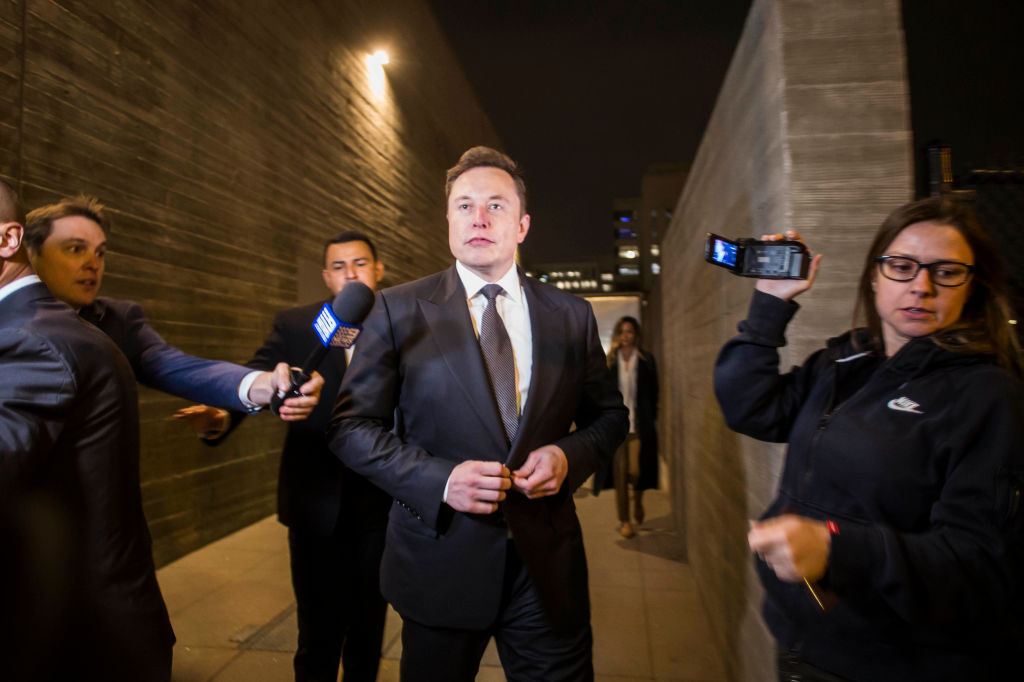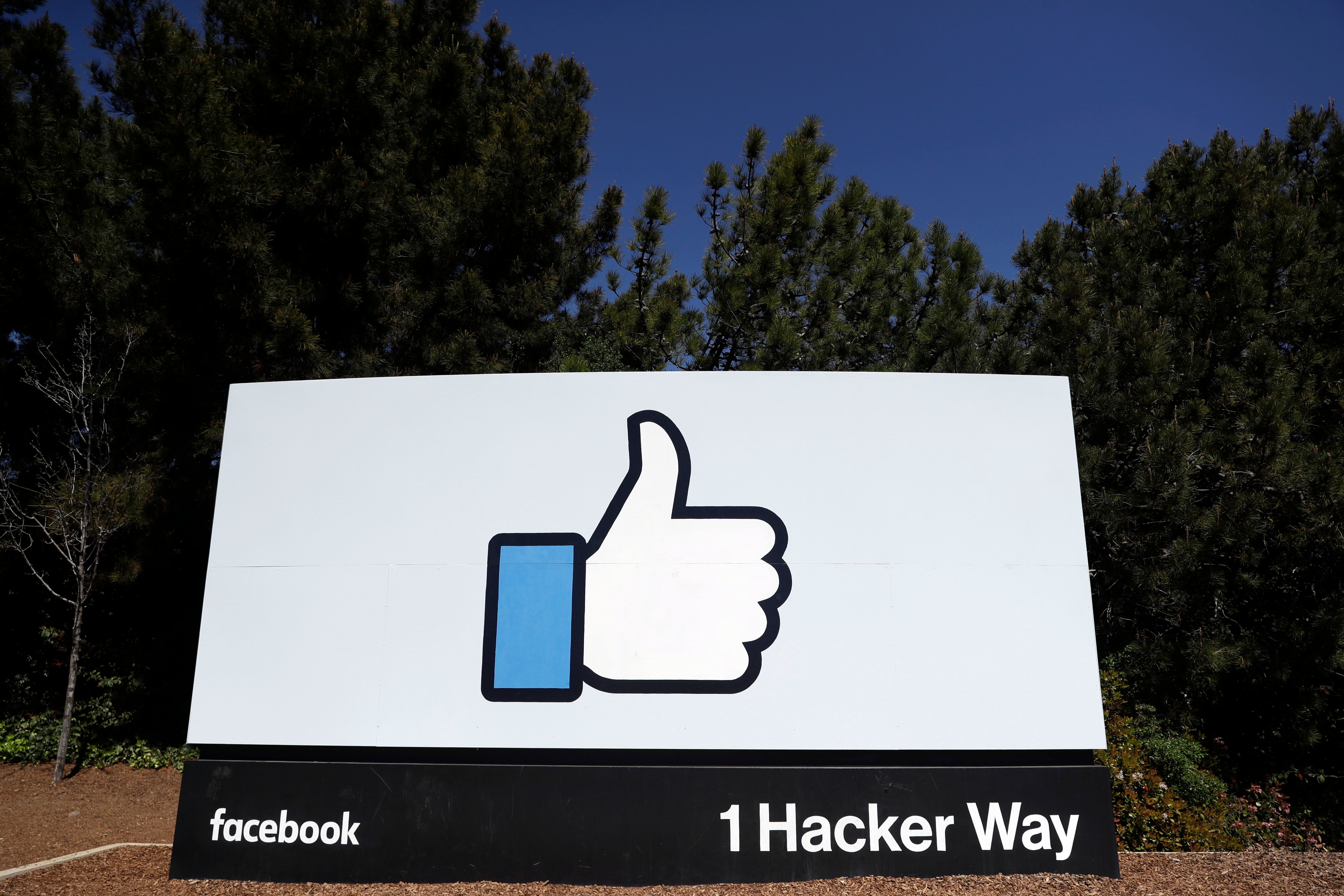Why the Internet of Things will be worse than a zombie apocalypse
Welcome to your new living nightmare


A free daily email with the biggest news stories of the day – and the best features from TheWeek.com
You are now subscribed
Your newsletter sign-up was successful
It all sounds so pleasant, this "Internet of Things" just around the corner, when the objects of our world will be armed with programming that lets them invisibly communicate with one another. Your freezer will know you're light on Häagen-Dazs and alert the grocery store to add two tubs to the next order! Your car will drive itself, by sharing its exact position and speed with the road and with all the other cars! Your wallet will talk with all the items in your Home Depot cart, and pay on the way out the door — no waiting in line! A whole world of magically chatting clocks and candlesticks, like something out of Disney: as wonderful as it is inevitable. Right?
Don't you believe it.
Let me ask you this. Did you read about the Internet of Things in a book, or hear about it from a town crier? Nope — you read about it on the internet. That's right: The internet told you it would be a great idea to let the internet control every object on planet Earth.
The Week
Escape your echo chamber. Get the facts behind the news, plus analysis from multiple perspectives.

Sign up for The Week's Free Newsletters
From our morning news briefing to a weekly Good News Newsletter, get the best of The Week delivered directly to your inbox.
From our morning news briefing to a weekly Good News Newsletter, get the best of The Week delivered directly to your inbox.
I'm suspicious.
It's going to start simply — light bulbs that know when they need to be changed. But the tech for inter-object communication is miles ahead of the machine learning that will help them learn to understand and interpret their data. Essentially, they're going to be chatty long before they're brilliant — like a sea of Kardashians crawling all over every corner of your life.
It's going to be a living nightmare.
They'll be smart enough to try to help, but not smart enough to understand human behavior — a recipe for disaster. Your thoughtful, mood-sensing trousers will remind you to pick up your Viagra... right in front of your date. Your phone will helpfully post all the photos on your phone to Facebook while you sleep (yes, even THAT ONE).
A free daily email with the biggest news stories of the day – and the best features from TheWeek.com
They'll be gossiping about you all day long, at the speed of light. Your socks will tell the laundry basket that you skipped your workout today; it won't be long before the whole linen closet knows. And the freezer and the grocery store won't just replace those two tubs of Häagen Dazs, they'll speculate as to why you went through two tubs in one night. (Store: "You think he was sad? Or was he getting high?" Fridge: "Who knows, girlfriend? Let me ask the ashtray, hang tight...")
It gets worse. Don't expect this thick ubiquitious soup of information about you to be safe from hackers — it won't be. If they can compromise credit card systems and NASA and even your car, how hard is it going to be to hack your toaster? Imagine the hell these nogoodniks could wreak by gaining access to all that juicy stuff your appliances know about you. One minute you're innocently belting out Ariana Grande in the shower, and the next your compromised smart razor is threatening to post the audio to your Tinder account, unless you authorize your toilet to cough up its weight in Bitcoins.
I think I'm losing the metaphor here, but you get the idea.
Finally, let's not forget, none of this will be free. Advertisers will charge in like the running of the bulls to monetize this. When your fridge senses you're low on pickles, it won't order you pickles, it'll order you pickle advertising. Everywhere you go, all day long, you'll hear songs about pickles, see pickle billboards in your peripheral vision, be confronted on the sidewalk with competing 3-D dancing smellovision pickle holograms, or whatever the hell ads will have evolved to by then. You'll go to bed that night stinking of brine, with pickle jingles shaking your brain by the stem.
I know our scientists are just just trying to help — but just stop. I don't need the stereo helpfully belting out Pharell's "Because I'm Happy" every time the room senses my shoulders slump. When I'm alone I want to be alone, not surrounded by semi-sentient nubbins trying to fine-tune my life. So until we can make sure the objects are at least reasonably intelligent — I'm only talking like Stephen Baldwin level — let's keep them mute and dumb.
Keith Blanchard is CEO of Teamstream Productions, a next-gen content production house dedicated to assembling the exact team you need to conquer any publishing objectives. In previous media lives he was chief creative officer of Story Worldwide, ran digital for Rolling Stone, launched websites for Us Weekly and Cosmopolitan, and was editor-in-chief of Maxim magazine. Generally speaking, though, he would rather be fishing.
-
 How the FCC’s ‘equal time’ rule works
How the FCC’s ‘equal time’ rule worksIn the Spotlight The law is at the heart of the Colbert-CBS conflict
-
 What is the endgame in the DHS shutdown?
What is the endgame in the DHS shutdown?Today’s Big Question Democrats want to rein in ICE’s immigration crackdown
-
 ‘Poor time management isn’t just an inconvenience’
‘Poor time management isn’t just an inconvenience’Instant Opinion Opinion, comment and editorials of the day
-
 Retired police captain's shooting death broadcast on Facebook Live
Retired police captain's shooting death broadcast on Facebook LiveSpeed Read
-
 Elon Musk argues his 'pedo guy' insult wasn't literal because 'if you add guy to something, it's less serious'
Elon Musk argues his 'pedo guy' insult wasn't literal because 'if you add guy to something, it's less serious'Speed Read
-
 Trump campaign regularly posted ads on Facebook using the word 'invasion'
Trump campaign regularly posted ads on Facebook using the word 'invasion'Speed Read
-
 Border Patrol chief condemns 'completely inappropriate' private Facebook group for agents
Border Patrol chief condemns 'completely inappropriate' private Facebook group for agentsSpeed Read
-
 Facebook evacuates offices after poison possibly detected at mailing facility
Facebook evacuates offices after poison possibly detected at mailing facilitySpeed Read
-
 Border Patrol agents reportedly mock migrant deaths in private Facebook group
Border Patrol agents reportedly mock migrant deaths in private Facebook groupSpeed Read
-
College student uses Snapchat gender swap filter to nab alleged predator cop
Speed Read
-
Elon Musk will head to trial for calling a cave diver a pedophile
Speed Read
